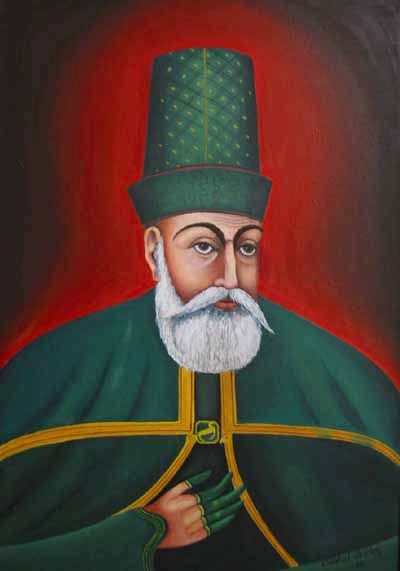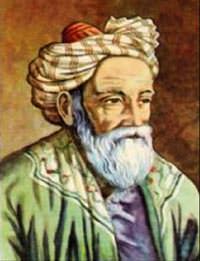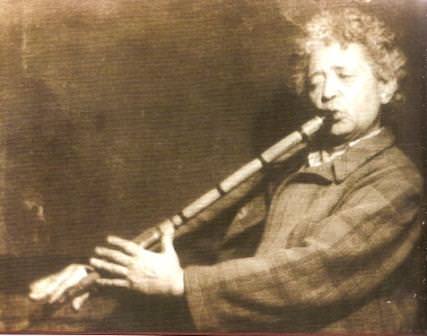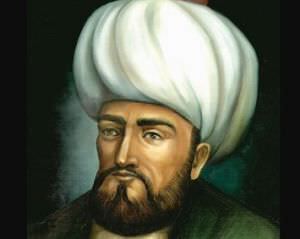
Haci Bektasi Veli was an Islamic mystic, humanist and philosopher from Khorasan. Bektashism spread from Anatolia through the Ottomans primarily into the Balkans, where its leaders (known as dedes or babas) helped convert many to Islam. The Bektashi Sufi order became the official order of the elite Janissary corps after their establishment. The Bektashi Order remained very popular among Albanians, and Bektashi tekkes can be found throughout Macedonia, Kosovo and Albania to this day. During the Ottoman period Bektashi tekkes were set up in Egypt and Iraq, but the order did not take root in these countries. The Bektashi order was most popular among rural segments of Anatolia and in the southern Balkans (as well as the military men), in contrast to the Mevlevis, who generally attracted artisans, or the Naqshbandi or Khalwati orders, who attracted theologians and government officials. It was also during the Ottoman period that many Alevi in Turkey attached themselves to the veneration of Hajji Bektash, a move which may have further polarized the tension between Alevism and the mainstream Sunni Muslim ideology of the Ottoman empire.
http://www.ask.com/wiki/Hajji_Bektash_Wali
His thoughts are based on human love and human existence. This vision is similar to the 1948 Charter on Human Rights. His thoughts were also shared by M. Kemal Atatürk 600 years later, and the Turkish Republic was built on the principles of secularism, democracy and respect for human rights. His thoughts are still alive and still lighten the way for many people. “There is no need to discriminate between religions. Religions cause disputes among people. In fact, all religions aim to provide peace and brotherhood on earth” says Bektashi Veli in his opus “Velayetname”. Bektashism, which originates from Haji Bektashi Veli’s ideas, aims to comprehend the unity of “Universe, God and Man” based on human love. Man is ornamented with divine characteristics. The first step to success is to know yourself and love yourself because man harbors divine qualities within himself, and the man who loves himself also loves God. Man is independent. His duty is to behave modestly and to feed, refine, mature and fill his spirit with love of God. Bodies are only tools for the main purpose. So discriminating between men and women or classifying people according to their social status or race is a huge mistake. Man or woman, all of mankind is equal. Haji Bektashi Veli’s views are still alive today and celebrated with excitement every year on the 15-17th August in the Haji Bektash region of the province of Nevsehir.
http://www.transanatolie.com/english/turkey/Turks/Turkish%20Philosophers/haci_bektas.htm




Leave a Reply
You must be logged in to post a comment.